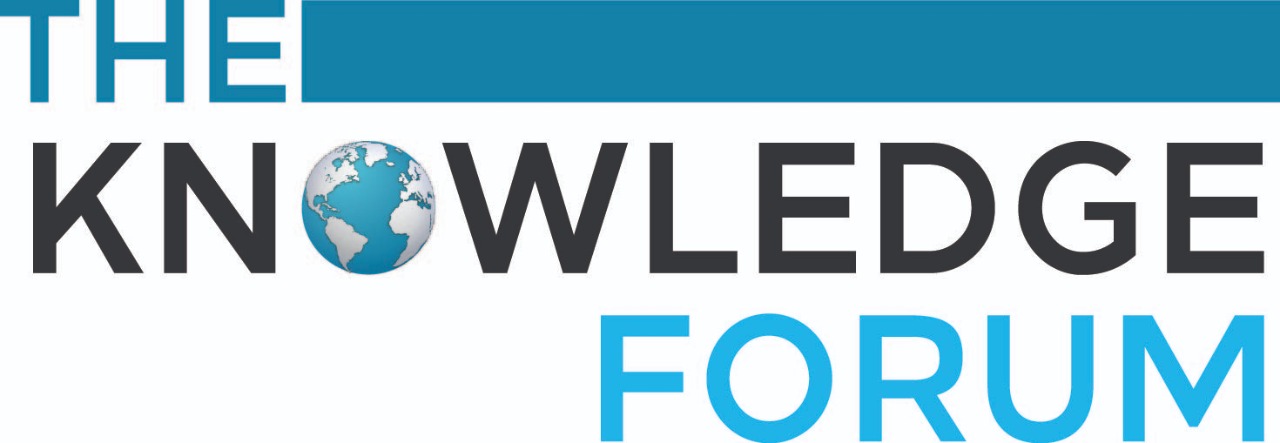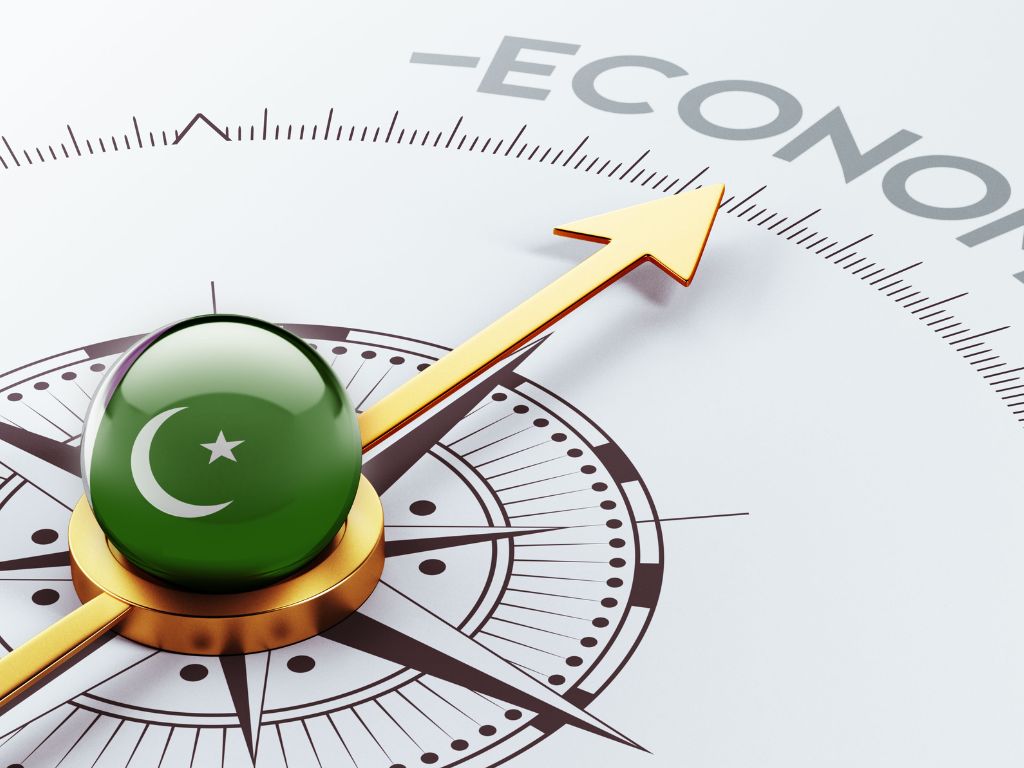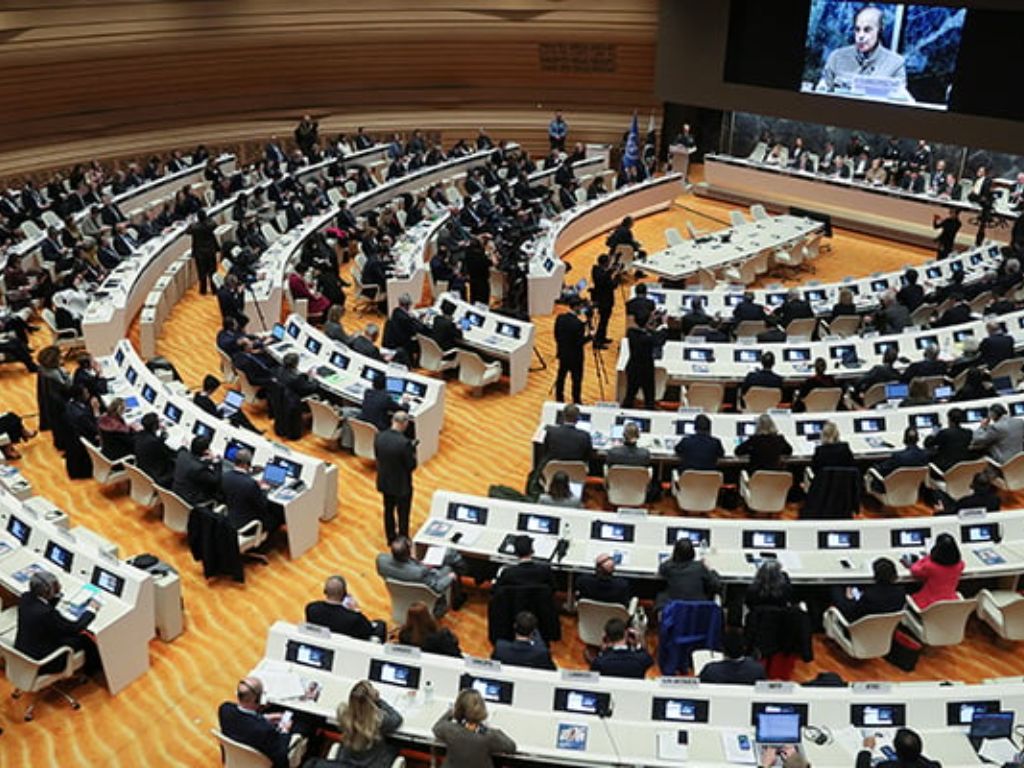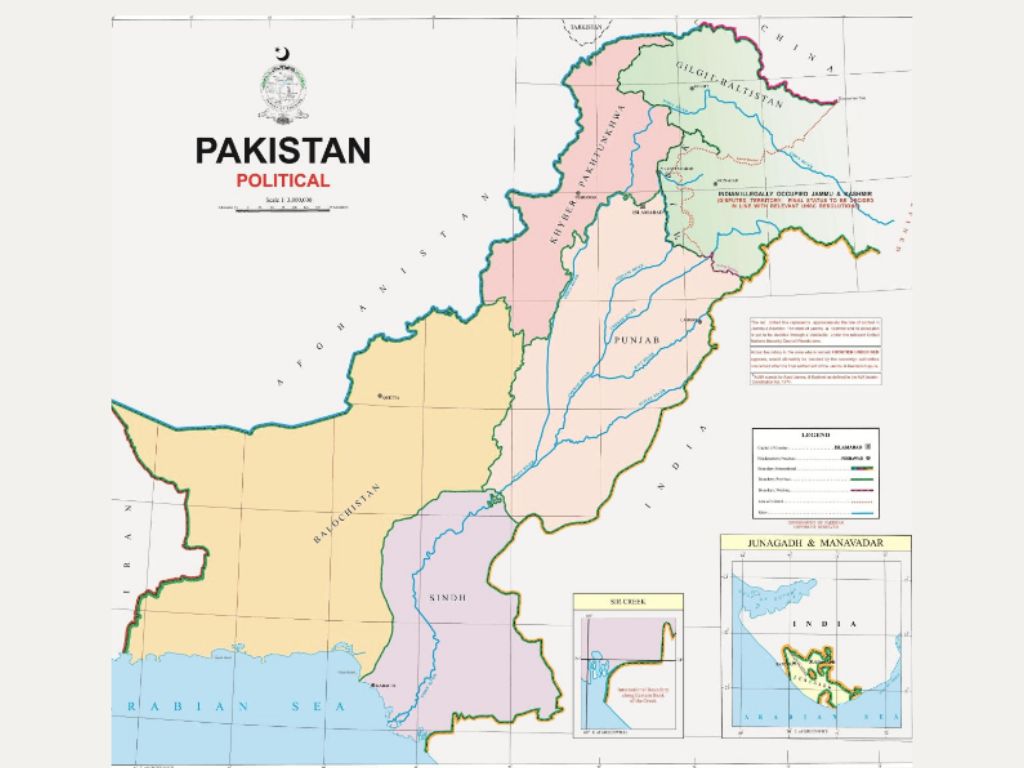Pakistan Bulletin
Up-to-date and informed analyses of key issues of Pakistan.
The Case of Pluralism and Human Rights in Pakistan
July, 2023




Pakistan is a country of multiple identity markers in terms of culture, ethnicity, language, religion, sects and class. This characteristic, instead of enriching our society, unfortunately put some sections at a disadvantage. The article gives a brief analysis how extremist ideologies, sectarian tensions and religious intolerance pose significant challenges and undermine the principles of pluralism and freedoms of belief and expression.
Pluralism and human rights are important characteristics of a democratic society, their interplay is particularly crucial in a diverse country like Pakistan. With its rich tapestry of ethnicities, cultures and religions, the country presents a unique context where recognition and respect for human rights are essential to foster peace and stability.
Pakistan stands among the most populous counties in the world and is home to a myriad of diverse communities having different identity markers on the basis of ethnicity, culture, religion and sect. the country’s founding father, Muhammad Ali Jinnah, envisioned a state where individuals of diverse faiths and other identity markers could coexist peacefully.
However, the creation of Bangladesh in 1971 explicitly indicated that the country’s governing elite overlooked the context of pluralism and ignored the people’s rights and entitlements. Still today, communities from different parts of the country including Balochistan, Khyber Pakhtunkhwa, Sindh and even Southern Punjab are voicing against discrimination, oppression and maltreatment.
Several other threats such as extremist ideologies, sectarian tensions and religious intolerance pose significant challenges for the people of Pakistan on their way to live together peacefully. Violence against religious minorities has led to creating a sense of fear and marginalisation among them including Hindus in Sindh, Christians in Punjab and Sikhs in Khyber Pakhtunkhwa. Blasphemy laws, aimed to protect the communities’ religious sentiments, are often been misused to target individuals and suppress the voices of dissent. It undermines the principles of pluralism and freedoms of belief and expression.
Pakistan has experienced a significant increase in political polarisation in recent years which is deeply rooted within the society’s various divisive identities such as ethnicity, socioeconomic disparities, linguistic and demographic divisions, and religious and sectarian basis.
Pakistan has experienced a significant increase in political polarisation in recent years which is deeply rooted within the society’s various divisive identities such as ethnicity, socioeconomic disparities, linguistic and demographic divisions, and religious and sectarian basis. However, governing elite of Pakistan’s conscious efforts to foster unity among diverse communities based solely on religious identity has, unfortunately, diverted their attention from broader political and socioeconomic issues.
The prevalence of multiple identity markers in Pakistan has contributed to the fragmentation and polarisation of its society. Ethnic and linguistic differences, for instance, have fuelled tensions and rivalries whereas socioeconomic inequalities have also played a significant role in creating a sense of alienation among different social classes, exacerbating the polarisation. While on the other hand, overwhelming focus on religious grounds has overshadowed the people’s rights and entitlements, associated with economic development, social justice and democratic transition, which are important aspects of a stable and inclusive society. Moreover, the politicisation of religion has led to the rise of extremist ideologies and religious intolerance, further deepening the division among different religious and sectarian groups and damaging the country’s social fabric.
Pluralism creates a conducive environment for human rights protection, acknowledges the dignity of individuals and fosters an inclusive and tolerant environment where every citizen can freely express opinion, practice religion and participate in public life without discrimination. Human rights, in turn, provide the foundation to maintain a distinct identity for everyone and a framework for peaceful coexistence. The connection between pluralism and human rights becomes even more important in diverse societies, such as Pakistan, where different religious, ethnic and cultural communities coexist.
Pakistan has made progress in acknowledging and safeguarding human rights through constitutional provisions and the ratification of relevant international treaties. Furthermore, the country has made various policy, legislative and institutional measures to protect the citizen’s rights. These initiatives include the “National Action Plan on Human Rights”, the “National Action Plan on Business and Human Rights,” and the establishment of the “National Commission for Human Rights,” among others.
However, according to the Human Rights Watch, Pakistan government continue to control media and curtail dissent. Threats and attacks on media created fear among journalists and other civil society actors. Many of them have resorted to self-censorship. While the government uses a colonial-fashioned sedition law to supress political opponents and journalists.
Pluralism creates a conducive environment for human rights protection, acknowledges the dignity of individuals and fosters an inclusive and tolerant environment where every citizen can freely express opinion, practice religion and participate in public life without discrimination. Human rights, in turn, provide the foundation to maintain a distinct identity for everyone and a framework for peaceful coexistence.
The Human Rights Watch report also informs that women, minorities and transgender people continue to face violence, discrimination and persecution. Whereas authorities remain failed to provide protection to the victims or to hold the perpetrators accountable. Moreover, the government has remained unable on its way to prevent torture and other abuses being committed by the law enforcement agencies. Furthermore, the Pakistan government did not amend or repeal blasphemy law provisions that have provided a pretext for violence against religious minorities and have left them vulnerable to arbitrary arrest and prosecution.
Recently in 2023, Pakistan received a total of 340 recommendations from the UN member countries during its fourth Universal Periodic Review (UPR). A significant number of these recommendations highlight Pakistan’s shortcomings in meeting international obligations regarding the strengthening of human rights and promoting pluralism.
According to the UNHRC’s Working Group’s report on UPR, a significant number of countries, including Italy, Ukraine and Greece urged Pakistan to ratify and domesticate the International Convention on Enforced Disappearances. While Amnesty International recommended Pakistan to immediately release all forcibly disappeared people or try them under a court of civilian law. Whereas Poland recommended Pakistan to fully respect freedom of religion or belief in accordance with international human rights law, in particular by: reforming blasphemy laws, especially as regards the existing legal possibility of punishing blasphemy by death, which creates a climate conducive to extrajudicial killings; repealing other legal provisions discriminating against members belonging to religious minorities; and halting abductions, forced marriages and forced conversions of women and girls from religious minorities.
Recognising that prevalence of pluralism and respect for human rights strengthens democracy, Pakistan should embrace pluralism to create a society where diversity is cherished, and all individuals can contribute to the country’s progress. However, it should be realised that diverse societies bring competing claims each of which could not be justified but can be resolved solely through a democratic process.
Muhammad Rafique
Author
Muhammad Rafique is human & labour rights expert. He holds M.A in Political Science.

Get the latest news and updates from our team
- YOU MIGHT ALSO LIKE




